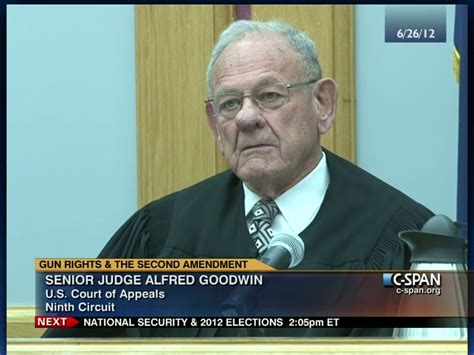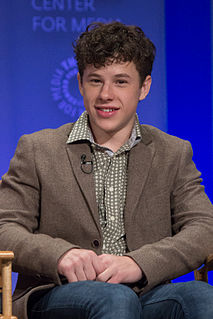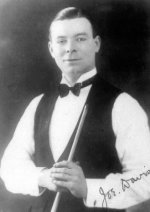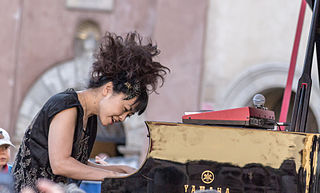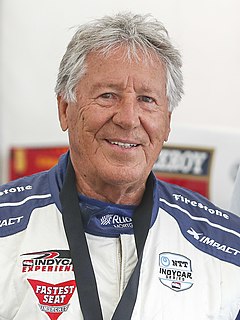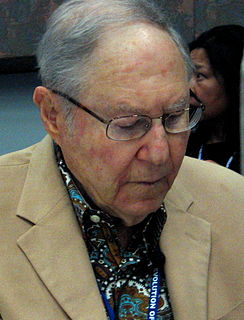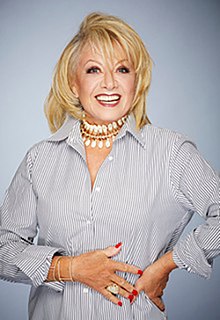A Quote by Alfred Goodwin
The coercive effect of this policy is particularly pronounced in the school setting given the age and impressionability of schoolchildren, and their understanding that they are required to adhere to the norms set by their school, their teacher, and their fellow students.
Related Quotes
As a former high school teacher and a student in a class of 60 urchins at St. Brigid's grammar school, I know that education is all about discipline and motivation. Disadvantaged students need extra attention, a stable school environment, and enough teacher creativity to stimulate their imaginations. Those things are not expensive.
At the age of 6, a teacher full of ambitions, who taught in the small public school of Biran, convinced my family that I should travel to Santiago de Cuba to accompany my older sister who would enter a highly prestigious convent school. Including me was a skill of that very teacher from the little school in Biran.
I was born 50 years after slavery, in 1913. I was allowed to read. My mother, who was a teacher, taught me when I was a very young child. The first school I attended was a small building that went from first to sixth grade. There was one teacher for all of the students. There could be anywhere from 50 to 60 students of all different ages.
It's funny: I always, as a high school teacher and particularly as a high school yearbook teacher, because yearbook staffs are 90 percent female, I got to sit in and overhear teenage girl talk for many years. I like teenage girls; I like their drama, their foibles. And I think, 'I'll be good with a teenage daughter!'
Educators, long disturbed by schoolchildren's lagging scores in math and reading, are realizing there is a different and more alarming deficiency: emotional literacy. And while laudable efforts are being made to raise academic standards, this new and troubling deficiency is not being addressed in the standard school curriculum. As one Brooklyn teacher put it, the present emphasis in schools suggests that "we care more about how well schoolchildren can read and write than whether they'll be alive next week."
When I was 12 I worked with someone - it was actually an English teacher at my school, John Woodward. He was the only teacher in the school to have a top-of-the-range Porsche and all the trappings of success, so it was very interesting for me to find out how he did it. He was probably the wealthiest English teacher in the community.
Think, for a moment, about our educational ladder.
We've strengthened the steps lifting students from elementary school to junior high, and those from junior high to high school.
But, that critical step taking students from high school into adulthood is badly broken. And it can no longer support the weight it must bear.
